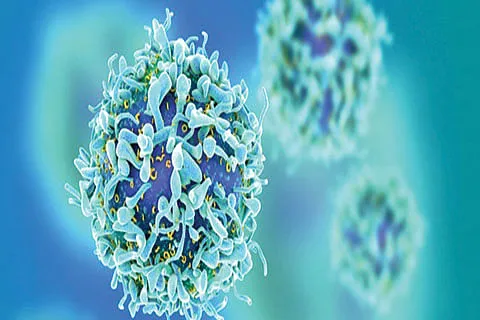A new research has set the stage for clinicians to potentially use levels of a pancreatic cancer patient’s PHLPP1 and PKC enzymes as a prognostic and for researchers to develop new therapeutic drugs that change the balance of the two enzymes as a means to treat the disease.
The study, published on Wednesday in Molecular Cell, was ledby Alexandra Newton, professor in the Department of Pharmacology at theUniversity of California, San Diego, School of Medicine, and Timothy Baffi, agraduate student in her lab, Xinhua news agency reported.
The new study built on the team’s work in 2015 that foundthe enzyme PKC, which was believed in previous studies to promote tumourgrowth, actually suppressed it.
The latest study took the investigation a step further byuncovering how cells regulate PKC activity and discovered that any time anover-active PKC is inadvertently produced, the PHLPP1 “proofreader”tags it for destruction.
“That means the amount of PHLPP1 in your cellsdetermines your amount of PKC,” Newton said. “And it turns out thoseenzyme levels are especially important in pancreatic cancer.”
The team observed 105 pancreatic cancer tumours to analyzethe enzyme levels in each one. About 50 per cent of patients with lowPHLPP1/high PKC lived longer than five-and-a-half years.
While still in the earliest stages, Newton hoped thisinformation might one day aid pancreatic diagnostics and treatment.
Pancreatic cancer is caused by the abnormal and uncontrolledgrowth of cells in the pancreas, a large gland in the digestive system. It typicallydoesn’t show symptoms in the early stages. Sufferers tend to develop signs,such as back pain and jaundice, when it has spread to other organs. IANS






